"However, as with COVID-19, that does not mean the work is done. Mpox continues to pose significant public health challenges, requiring strong, proactive and sustained responses," WHO Director-General Tedros Adhanom Ghebreyesus stressed shortly after announcing the end of the MPox PHEIC at a global press conference on the evening of May 11.
WHO emergencies director Mike Ryan called mpox "a forgotten disease," referring to monkeypox, which has always existed in some African countries but was not considered until it suddenly spread around the world . "It could come back and it could shock us in the future," he said, adding that the same would be true of other neglected diseases.
"We are currently dealing with 56 classified health emergencies around the world, and of those, 14 are level 3, which is the highest level of emergency. We have over 24 cholera outbreaks going on in multiple countries, and I think anyone working on immunization right now will see measles outbreaks increasing around the world," said Dr Ryan.
Preparing for future pandemics will be one of three key issues to be discussed at the World Health Assembly in September.
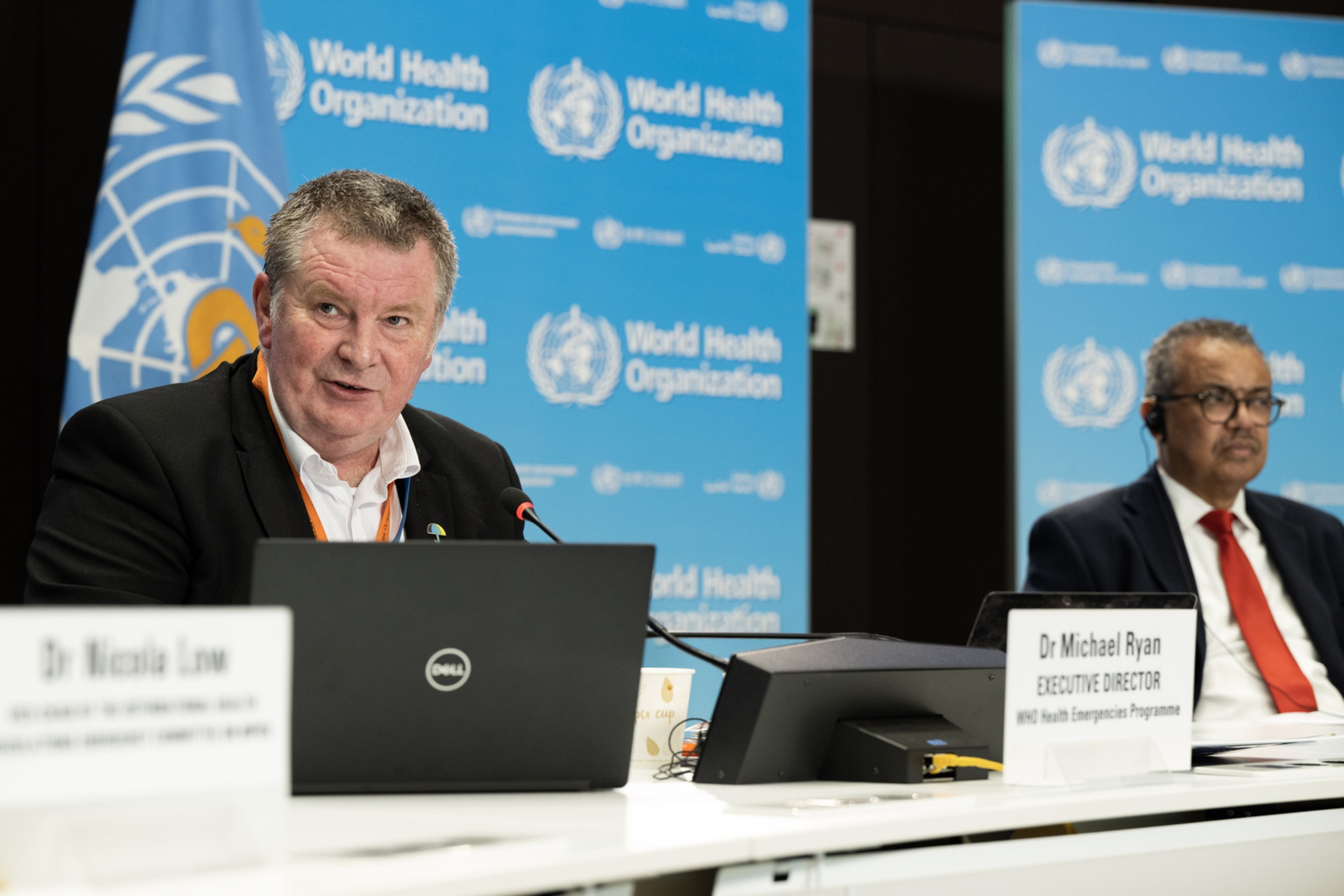
WHO Emergency Program Director Mike Ryan (left) and WHO Director-General Tedros Adhanom Ghebreyesus at a global press conference on the evening of May 11. Photo: WHO
Dr Tedros said that despite the end of the PHEIC, both COVID-19 and mpox are still present and causing deaths. WHO and the outgoing emergency committees issued a similar set of recommendations to member states, including not reversing progress made during the PHEIC, continuing surveillance, risk assessment, promoting scientific research, sustainably integrating COVID-19 and mpox care into existing health programs, etc., while completely removing all barriers to international trade.
That’s what the U.S. is starting to do after May 11, the end of the federal state of emergency due to COVID-19. That means health care related to the disease will be provided at a wide range of medical facilities instead of being confined to a few designated facilities, health insurance policies and other common services will replace the “all-inclusive” government.
Japan made a similar choice after the "COVID-19 downgrade" on May 8, where streets and commercial systems witnessed a strong recovery but masks remained popular amid the new wave of COVID-19 that is sweeping across Asia.
Restoring economic activities as normal but cautiously re-establishing school mask rules is also the way of Thailand, one of the countries with a sharp increase in cases according to the WHO's report on May 12.
Source



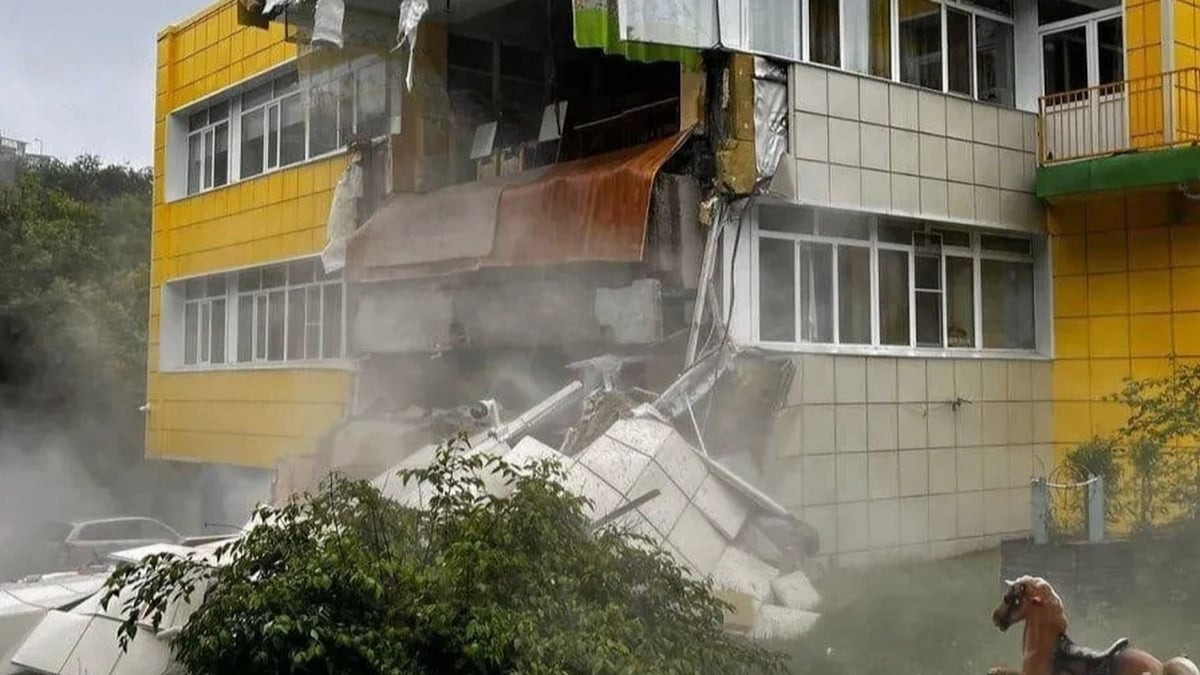



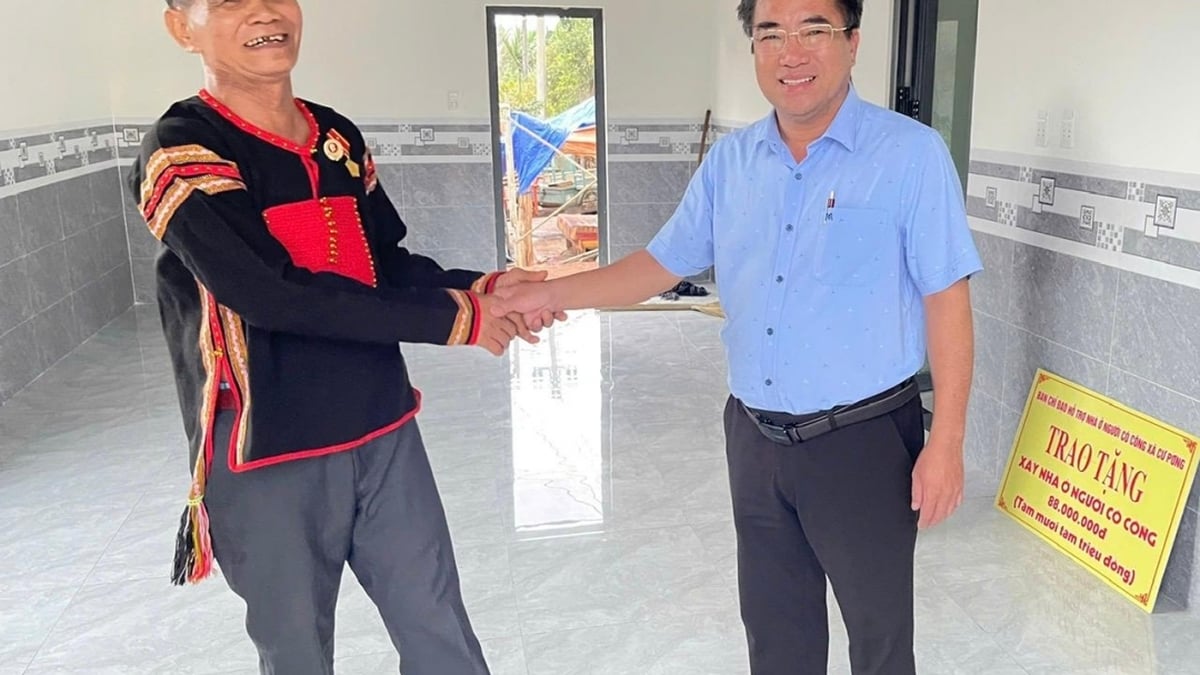
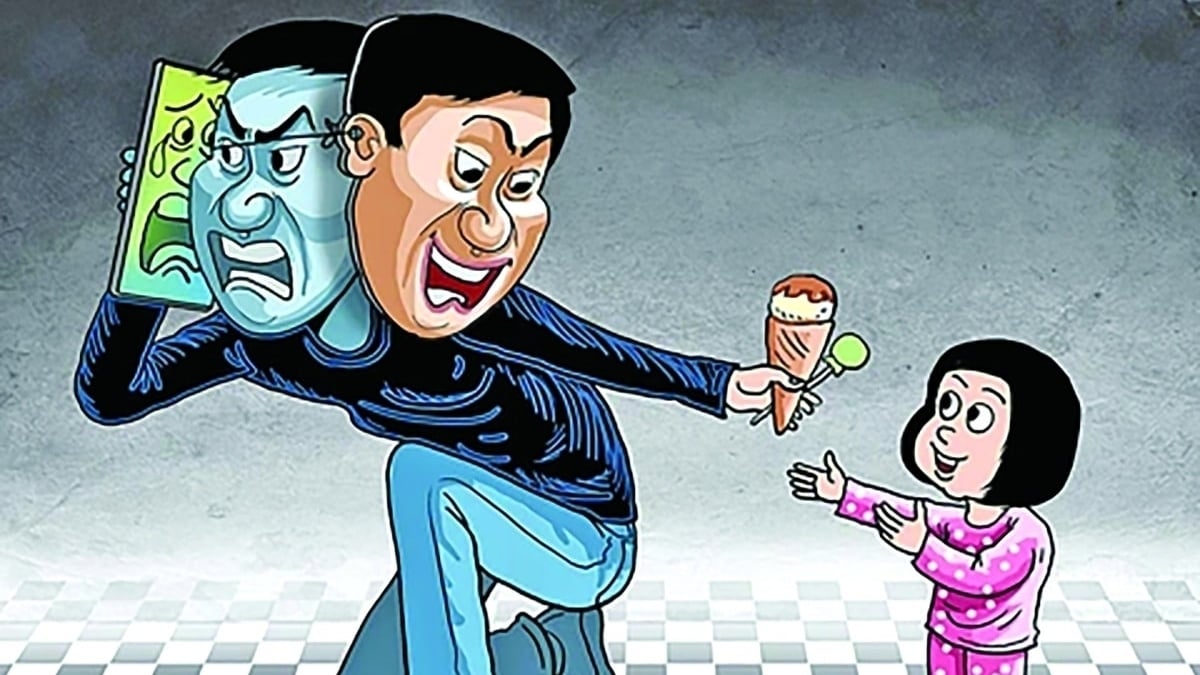


































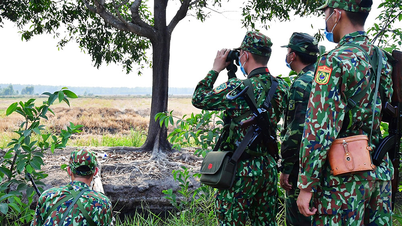












![[Maritime News] Container shipping faces overcapacity that will last until 2028](https://vphoto.vietnam.vn/thumb/402x226/vietnam/resource/IMAGE/2025/7/30/6d35cbc6b0f643fd97f8aa2e9bc87aea)









































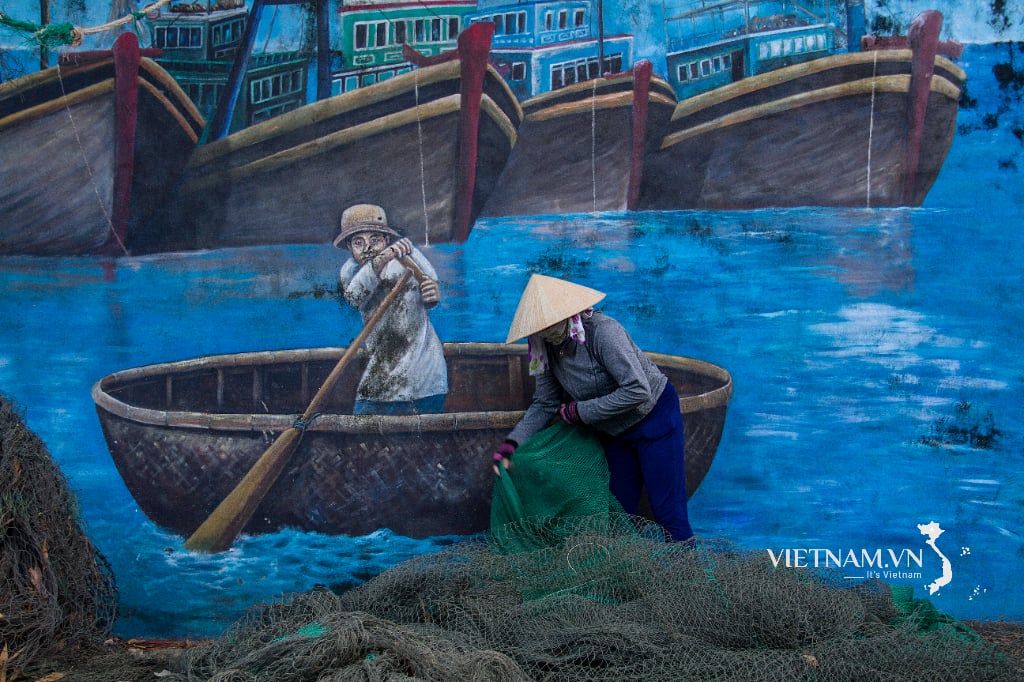


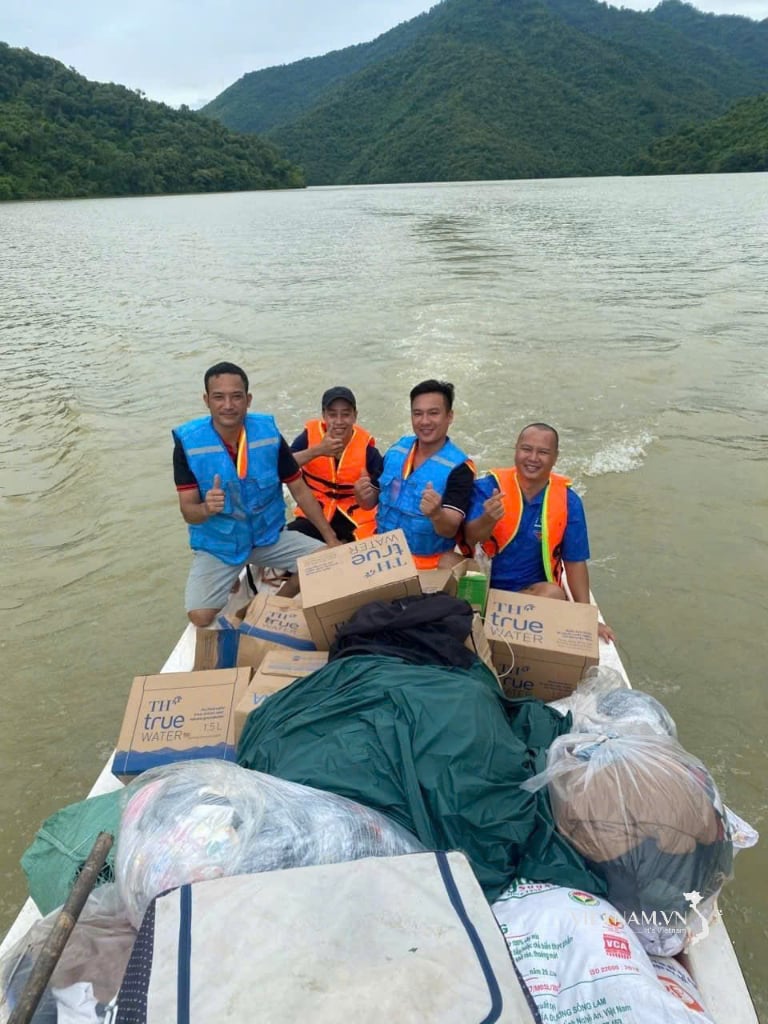
Comment (0)